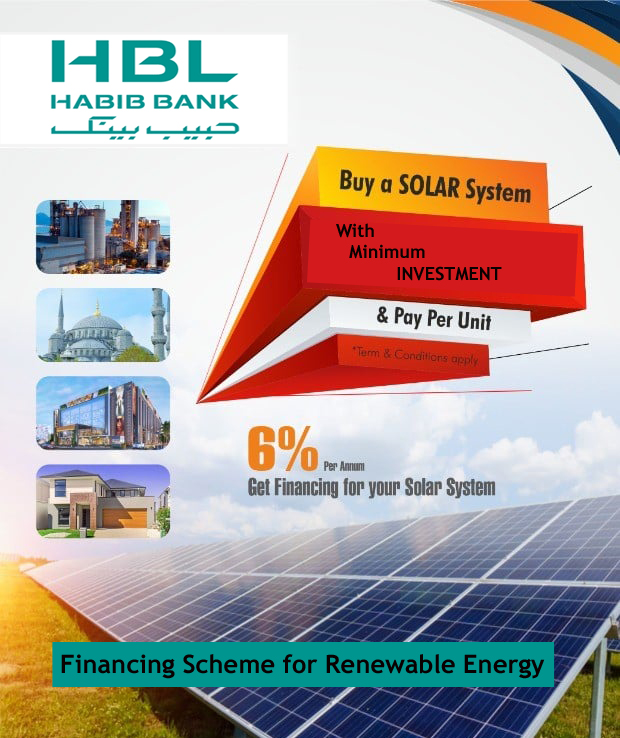
Empower Your Energy: Solar Panel Financing Options
Are you considering making the switch to solar energy but concerned about the upfront costs? Explore various solar panel financing options that can empower you to embrace renewable energy while staying within your budget.
1. The Initial Investment Challenge
Investing in solar panels comes with an initial cost that may seem daunting to many homeowners. However, understanding the financing options available can make this sustainable and eco-friendly energy source more accessible.
2. Government Incentives and Rebates
Many governments offer incentives and rebates to encourage the adoption of solar energy. Investigate local and federal programs that may provide financial support, tax credits, or rebates for installing solar panels. These incentives can significantly reduce the overall cost of your solar energy system.
3. Solar Leasing and Power Purchase Agreements (PPAs)
Solar leasing and Power Purchase Agreements (PPAs) are popular financing alternatives that require little to no upfront investment. With solar leasing, you rent the solar panels and pay a fixed monthly fee, while PPAs involve purchasing the electricity generated by the panels at a predetermined rate. Both options provide a cost-effective way to go solar without the burden of ownership.
4. Solar Loans for Ownership
For those who prefer ownership, solar loans offer a structured way to finance your solar panel installation. These loans often come with favorable terms, low-interest rates, and flexible repayment options. Owning the solar panels allows you to benefit from long-term energy savings and potential increases in property value.
5. Home Equity Loans and Lines of Credit
Homeowners may consider using home equity loans or lines of credit to finance their solar panel installation. This option utilizes the equity in your home as collateral, providing access to funds at potentially lower interest rates than other financing options. It’s essential to weigh the benefits and risks before choosing this path.
Solar Panel Financing (Click here for additional resources)
6. Community Solar Programs
Community solar programs enable individuals to invest collectively in solar energy projects. Participants share the benefits and costs, making solar energy accessible to a broader audience. This approach fosters community engagement and contributes to the development of renewable energy infrastructure.
7. Savings and Return on Investment (ROI)
When evaluating solar panel financing options, consider the long-term savings and return on investment. Despite the initial costs, solar panels can significantly reduce or eliminate your electricity bills over time, making it a financially sound decision in the long run.
8. Financing for Commercial Solar Projects
Businesses looking to adopt solar energy can explore financing options tailored to commercial solar projects. These may include specialized loans, tax incentives, and other financial tools designed to support large-scale solar installations for commercial properties.
9. Energy-Efficient Mortgages (EEMs)
Some homeowners may qualify for Energy-Efficient Mortgages (EEMs), which factor the cost of energy-efficient upgrades, such as solar panels, into the mortgage loan. This allows homeowners to finance solar installations alongside their home purchase or refinance, spreading the cost over the mortgage term.
10. Research and Consultation
Before deciding on a solar panel financing option, conduct thorough research and consult with solar experts. Understand the terms, conditions, and potential long-term benefits of each financing method. Knowledgeable guidance can help you make an informed decision that aligns with your financial goals and commitment to sustainable living.
Empowering your energy with solar panel financing opens the door to a sustainable and cost-effective energy future. Explore the various options available, and take a step towards harnessing the power of the sun for your home or business.


